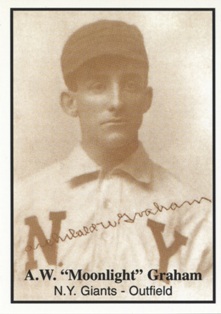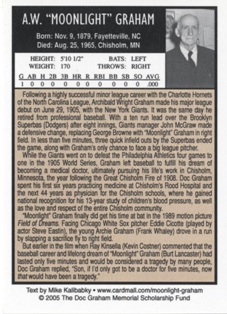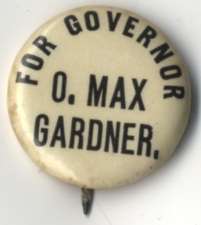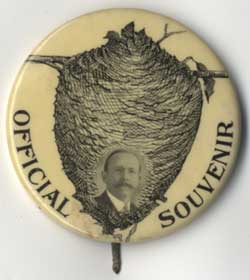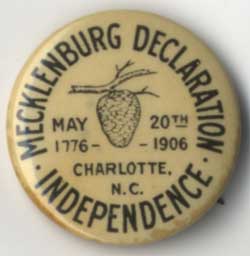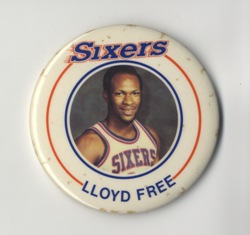
Before Dennis Rodman, there was Lloyd Free. Unarguably one of the NBA’s quirkiest personalities, Free brought his exciting style to the league in the late 1970’s. After growing up in Brooklyn (where he earned the nickname “World” for his 360-degree dunks), Lloyd Free attended Guilford College from 1972-1975. As a freshman, he helped lead the Quakers to the 1973 NAIA (National Association of Intercollegiate Athletics) Championship; he was also given MVP honors in the tournament. After three years at Guilford, Free turned professional and was drafted as a second-round pick by the Philadelphia 76ers. During his thirteen-year career, Free averaged 20.3 points per game. In 1980, he was second in the league in scoring; the same year, he legally changed his name to “World B. Free.” Since retiring from basketball, Free has served as the 76ers “ambassador of basketball,” greeting fans at games in his typically flamboyant wardrobe.

